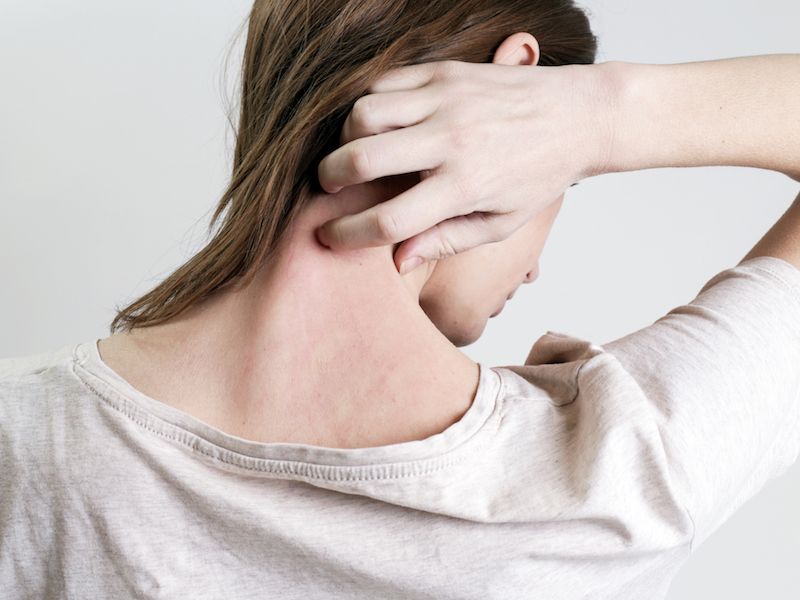
When you think about psoriasis, you likely think about all those commercials depicted people with skin issues. Psoriasis affects your overall health and not just your skin. Psoriasis is commonly misunderstood and minimized, due to a lack of knowledge of how psoriasis impacts sufferers as well as the serious conditions that can be related to this disorder. Psoriasis causes reactions through the whole body despite the fact that skin plaques are the most familiar sign: Chronic inflammation that can increase the chance of metabolic problems and cardiovascular disease.
Psoriasis is also linked to another problem according to a different recent study: Hearing loss. Published in The Journal of Rheumatology, The relationship between hearing impairment, mental health, and psoriatic arthritis were examined in this research. Psoriatic arthritis has an influence on the joints, and is a form of psoriasis, causing inflammation, discomfort, and difficulty with movement. The normal plaques may not be experienced by people who have psoriatic arthritis.
In the same way as with rheumatoid arthritis (and like psoriasis), psoriatic arthritis is an autoimmune disease, the sufferer’s body is basically attacking its own healthy cells. But unlike rheumatoid arthritis, you might have psoriatic arthritis on only one knee because it’s asymmetrical, and that besides joints, it often targets sufferer’s nails (leading to painfully swollen toes and fingers) and eyes.
Based on the findings of this recent study, inflammation caused by psoriatic arthritis may also impact hearing. The study contrasted the self-reported hearing loss of people who suffer from psoriatic arthritis, people who have psoriasis but not psoriatic arthritis, and a large control group of people with neither problem. They discovered that the group with psoriatic arthritis was more inclined to report hearing loss, and audiometric testing supported the self-reports. Even when controlling for other risk factors, people diagnosed with psoriatic arthritis were significantly more likely to suffer from loss of hearing than either {the control group or psoriasis sufferers}.
But there is an evident link between psoriasis, psoriatic arthritis and loss of hearing. A 2015 study found that people who have been diagnosed with psoriasis are at a significantly higher danger of getting sudden sensorineural loss of hearing, generally known as sudden deafness. The capability to hear diminishes considerably over three days or less with sudden sensoroneural hearing loss. It has various possible causes, but experts believe that sudden psoriasis flare-ups may be the cause. The hearing might be diminished if this takes place around or in the cochlea. In certain instances, treatments that help psoriasis symptoms might be used to target this kind of hearing loss, but hearing aids are often recommended when sudden deafness does not react to other treatments.
It’s worthwhile to keep track of your hearing if you suffer from psoriasis or psoriatic arthritis. Schedule regular hearing exams along with your yearly health-care checkups. Disease caused by inflammation can lead to inner ear injury, which can lead to loss of balance and psoriatic arthritis. psoriatic arthritis and psoriasis are both also linked to depression and anxiety, which can both aggravated hearing loss. Loss of hearing is something you want to catch early because untreated hearing loss can lead to other health problems such as dementia.
With early treatment, you can stay in front of the symptoms by getting your hearing tested frequently and working with your doctor, awareness is essential. Neither hearing loss nor psoriasis should influence you to compromise your standard of living, and all the difference is having the right team by your side.